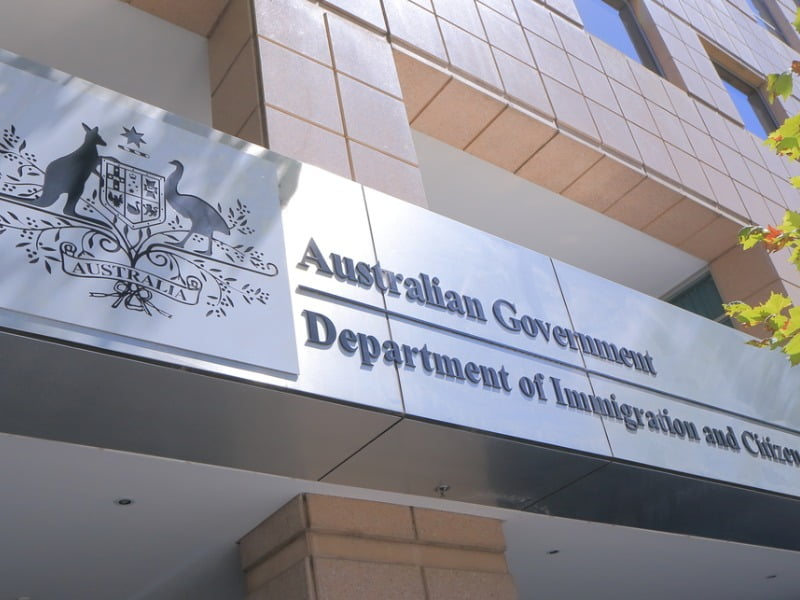The government has quietly abandoned its highly contentious billion-dollar plan to outsource the nations visa processing systems, despite already spending more than $80 million on the tender process.
Acting Immigration Minister Alan Tudge said the government had decided on a “broad new approach” to the acquisition and delivery of workflow processing capability and that the Request for Tender process for the so-called Global Digital Platform was therefore terminated.
Mr Tudge said the government was now seeking an integrated, enterprise-scale workflow capability that could be used across the Commonwealth, not just within the various part of the Home Affairs portfolio.
The decision is not necessarily a return to in-sourcing for the project, but it does brings to an end a troubled tender process that is understood to have so far cost the government $87 million.

The visa outsourcing plan was first floated in in 2017. A request for tender was eventually released in December 2018 and a winning bid was to have been selected by last October.
There were two bidders still being considered when the process was shut down – the Australian Visa Processing consortium (Ellerston Capital, PwC, Qantas Ventures, NAB and Pacific Blue Capital) and a joint-bid from Australia Post and Accenture.
Mr Tudge said the Home Affairs department would now conduct a new market consultation in the coming months seeking insights from industry on the best way to deliver large-scale workflow processing capability for visa and citizenship applications, as well as for Customs functions and personnel security clearances across the portfolio.
“While current visa systems continue to function, they are out of date, and processing and decision making in many cases is still undertaken manually, supported by old technology and limited risk assessment capabilities,” Mr Tudge said.
“With this approach, systems and capabilities will be well-placed to meet future demands, enabling the Government to respond to emerging global threats and improving service delivery across government,” he said.
“The work the Department has done in recent years to modernise its visa service delivery arrangements will be utilised and extended to other areas in developing and specifying the requirements for this much broader capability, on which visa processing will still be the first product delivered.”
He said the work done by the department in recent years to modernise the visa delivery arrangements – including building prototypes – would be utilised and extended to other areas in specifying the requirements for this much broader capability, on which the visa processing system will be the first product delivered.
A Senate committee earlier in March delivered a damning assessment of the visa processing outsourcing tender.
Both the Prime Minister Scott Morrison and Immigration Minister David Coleman recused themselves from the decision-making process due to their close ties to Scott Briggs, who had until recently led the Australian Visa Processing Consortium.
The Senate committee, which was chaired by Labor’s Kim Carr, rejected the government’s argument that the tender plan was not a privatisation.
“The global digital platform would see a private entity design, build and administer the system that processes the vast majority of Australia’s visa applications,” the report said.
“As such, the project would see the Department of Home Affairs hand over control of large amounts of sensitive and critical data to a profit-making conglomerate,” it said.
“Stakeholders have been understandably frustrated that the tender process has been so opaque, with no business case released, and no explanation offered for why the department cannot invest in an in-house solution.”
Senator Carr said the outsourcing plan was “fraught with risks”.
“The committee has concerns around procurement risk, data security and equitable access to data and information for potentially vulnerable cohorts. The committee is also concerned about the lack of transparency around the tender process,” it said.
Do you know more? Contact James Riley via Email.

